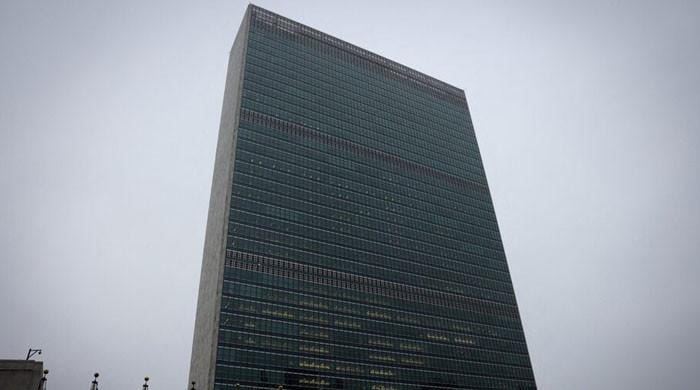Pakistan’s Diplomacy Counters India’s Ambitions at UNSC
Pakistan’s proactive diplomatic efforts have undermined India’s objectives, as evidenced by the United Nations Security Council (UNSC) statement regarding the Pahalgam incident. The statement refrained from employing strong rhetoric, unlike the language used following the 2019 Pulwama incident.
The UNSC’s communication, addressing the attack on tourists in Indian Illegally Occupied Jammu and Kashmir (IIOJK) that resulted in 26 casualties, referenced “all relevant authorities” instead of specifically mentioning India.
The United States proposed the statement within the Security Council; however, it did not gain approval.
Since the April 22 incident, the relationship between the two nuclear-armed nations has deteriorated, with New Delhi reportedly suspending the Indus Waters Treaty. This action further prompted Islamabad to close its airspace to Indian airlines.
Prime Minister Shehbaz Sharif, while condemning the regrettable attack, has offered full cooperation in an impartial, transparent, and credible investigation into the event.
Amid heightened tensions, and with Defence Minister Khawaja Asif suggesting the escalation could lead to a broader conflict, Iran has proposed mediating between Pakistan and India.
In a significant diplomatic achievement, Pakistan successfully prevented the inclusion of specific controversial terms in the UNSC declaration and ensured the use of “Jammu and Kashmir” instead of just Pahalgam, which was reportedly intended by New Delhi to imply the disputed territory is an integral part of India.
Notably, India did not immediately issue a condemnation. The UN statement conveyed that the organization is monitoring the regional situation with serious concern.
Furthermore, a UN representative has called upon both Pakistan and India to exercise the highest degree of restraint to avert any further decline in the situation given the increased tensions.



Comments (0)
No comments yet. Be the first to comment!
Leave a Comment